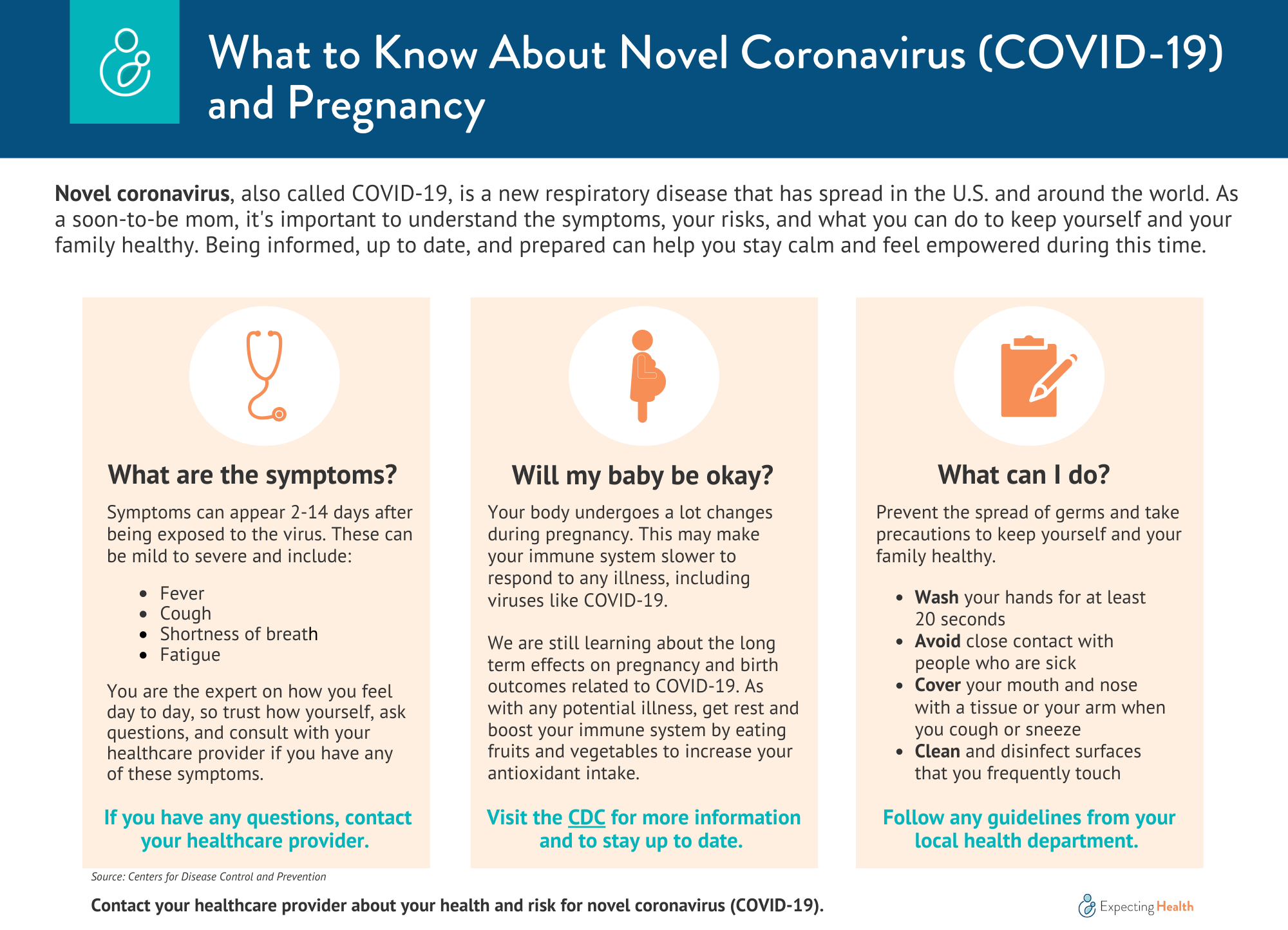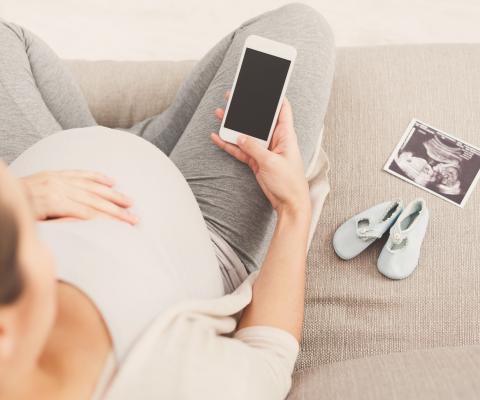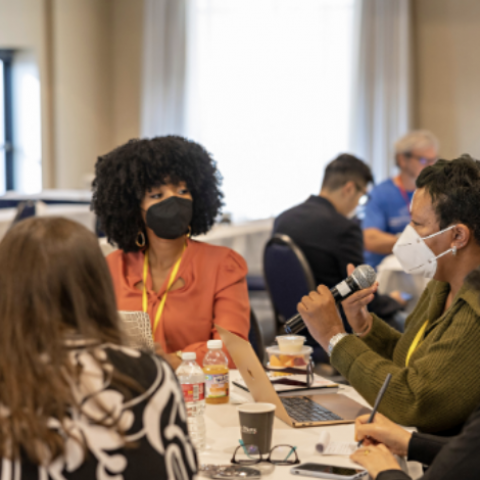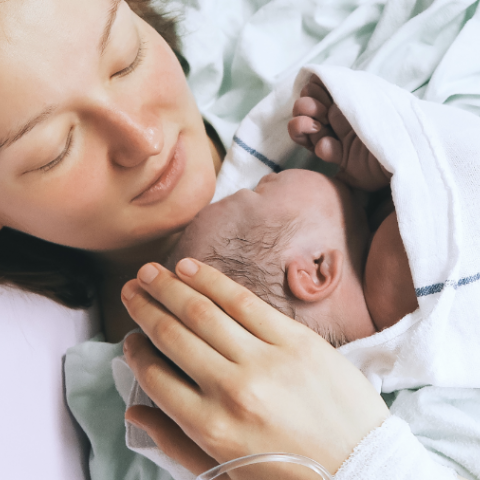As a soon-to-be or new mom, you have a lot going on! With the recent outbreak of coronavirus, also called COVID-19, there is even more misinformation, confusion, and fear around what you need to do to stay healthy. It’s important to be informed, up to date, and prepared to help you stay calm and empowered during this time.

What is coronavirus (COVID-19)?
Novel coronavirus (COVID-19) is a new respiratory (affecting your lungs) illness. The first case of COVID-19 was found in China, and has since spread to the United States and around the world. The first cases of COVID-19 were linked to a live animal market. Now, the virus is spreading from person-to-person. The virus is spread through close contact with others and through droplets in the air. People who are within about 6 feet from each other can spread the virus. When a person coughs or sneezes, respiratory droplets can then land on the mouths or noses of people who are close by and on surfaces of objects.
What are the symptoms?
Symptoms of COVID-19 can appear 2-14 days after being infected by the virus. These symptoms are mild to severe and include:
- Fever
- Cough
- Difficulty breathing
- Fatigue
- Muscle or body aches
- Headache
- New loss of taste or smell
- Sore throat
- Congestion or runny nose
- Nausea or vomiting
- Diarrhea
You are the expert on how you feel day to day, so trust yourself, ask questions, and consult with your healthcare provider if you have any of these symptoms.
Am I at higher risk?
During pregnancy, your body undergoes a lot of changes. These changes may make your immune system slower to respond to any illness, including viruses like COVID-19. There is very little information right now from published scientific reports about your risk for COVID-19. As with any potential illness, get rest and boost your immune system by eating fruits and vegetables, and staying healthy by washing your hands and cleaning surfaces that get touched frequently. To learn more about foods that are best for you and your baby, click here.
Will my baby be okay?
We are still learning about the long-term effects of COVID-19 on birth outcomes. Based on the limited information available, healthcare professionals believe that babies can get COVID-19 through droplets in the air, just like adults. If you are a new mom, it’s important to stop the spread of germs when caring for your baby such as washing your hands and cleaning frequently touched surfaces and items.
What can I do?
Prevent the spread of germs and take precautions to keep yourself and your family healthy.
- Wash your hands for at least 20 seconds
- Avoid large crowds and close contact with anyone that is sick
- Cover your mouth and nose with a tissue or your arm when you cough or sneeze
- Clean and disinfect surfaces that you frequently touch such as your computer keyboard, keys, and doorknobs
- Stay home if you’re sick and try to stay away from those who have symptoms
- Wear a cloth mask to cover your mouth and nose when you're around others
It’s also important to be prepared in the event that you have to stay at home for an extended period of time. This means to have supplies on hand such as any medications that you take regularly, cold or flu medications, and non-perishable groceries.
Keep doing your best to stay healthy.
This is an uncertain time with new developments and information every day. You may be feeling anxious and overwhelmed and that’s completely normal!
- If you have any questions about your health and risk for COVID-19, contact your healthcare provider.
- If you want to stay up to date with the latest information about COVID-19, visit the CDC for more information.
- If you want to learn more about COVID-19 and the impact on your community, follow the recommendations from your local health department.
Remember being informed, up to date, and prepared can help you stay calm and make informed decisions about what’s best for you and your family. Download our infographic to share this information with your community by clicking here.







